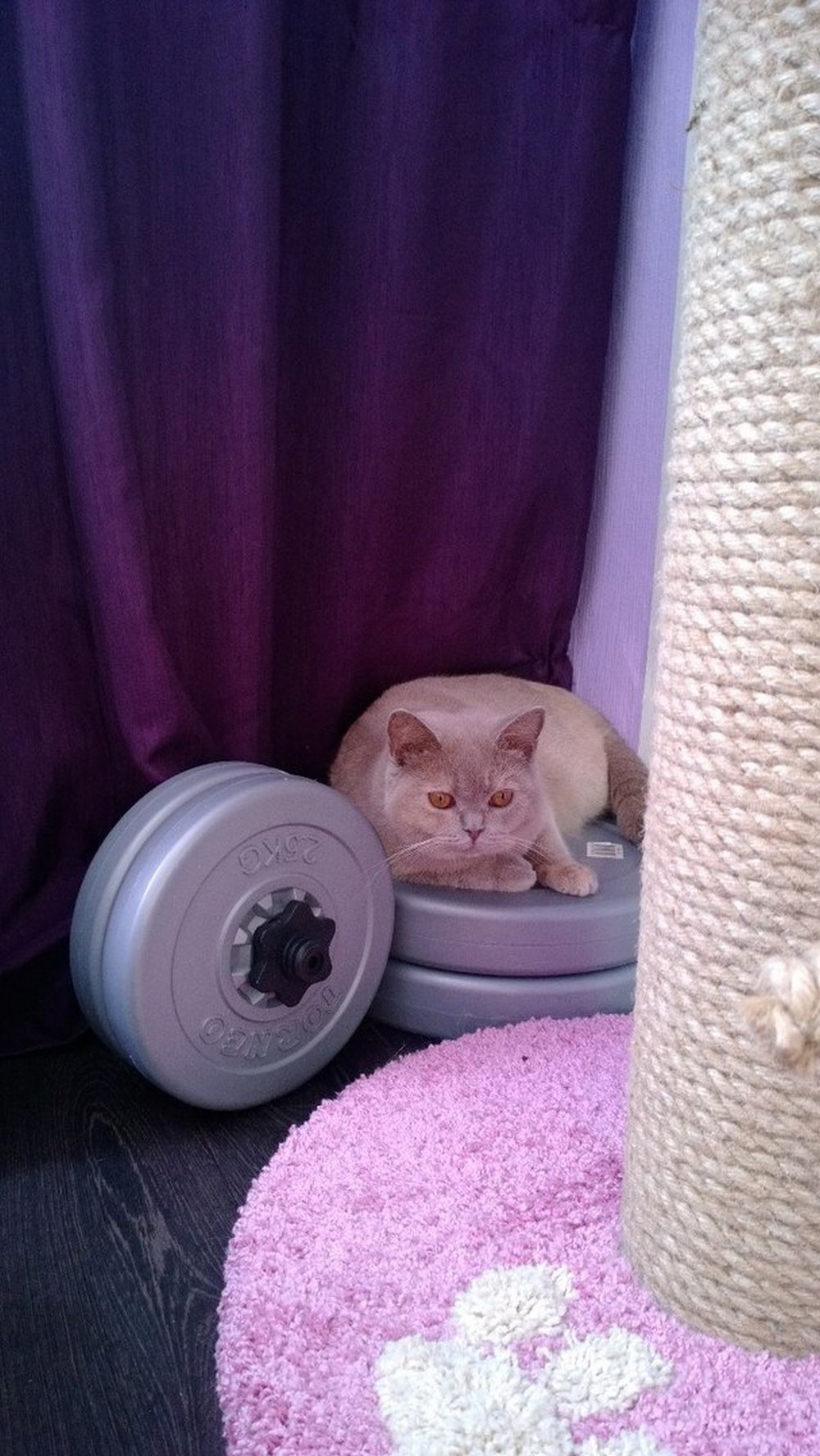
Goal Setting is something we all love doing. Goal achieving is also something we all love, but something that few people actually get to do. Luckily, smart people have come up with ways to set oneself up for success. You have a goal. Tune it using the SMART framework and you’ll have a much better shot at success.
Let’s look at an example and see if it fits the SMART Framework. Due to the recent success of The Oatmeal’s new card game on Kickstarter, we will use the sample goal

“I want to rule the world with exploding kittens.”
Now maybe this happens to be your goal or maybe you have something else in mind. Regardless of your goal, the questions you need to ask yourself are all the same.
SMART lays out like this:
- Specific
- Measurable
- Achievable
- Relevant
- Time-Bound

Specific
Before you start a goal, you need to take time to think through the details of your goal. You should be able to easily answer questions about the various specifics of your goal, else you will leave ambiguity. What might seem obvious now might become confusion or a loophole as time passes.
What: What do I want to accomplish?
Why: Specific reasons, purpose or benefits of accomplishing the goal.
Who: Who is involved?
Where: Identify a location.
Which: Identify requirements and constraints.
- Please expand on the “exploding kittens” part
- Where does the invasion start?
- How many kittens might you need?

Measurable
If your goal is not measurable, how are you ever to know when you have succeeded? How do you know when you are halfway? Doing poorly, or doing great? Measuring progress helps you stay on track, reach target dates, and experience the exhilaration of achievement that spurs on continued effort required to reach the ultimate goal.
How much?
How many?
How will I know when it is accomplished?
Indicators should be quantifiable
- How do you define “rule the world”
- Are you including Antarctica?
- How would you know when you are halfway?

Achievable
Any quality goal needs to strike a balance in difficulty. Too hard and you might give up or never even be able to begin. Too easy and it will not stretch you and therefore is not worth calling a goal. By setting achievable goals, you are more likely to fall into a pattern of planning, working, and succeeding rather than never finishing at all.
How can the goal be accomplished?
How realistic is the goal based on other constraints?
- Do you have access to enough exploding kittens?
- Will the US military be an issue in achieving your goal?
- What if Madagascar closes ports?

Relevant
Make sure your goal is important to what you really want. Consider how it aligns with other goals you currently have, and make sure it is the right time to tackle this particular challenge. You can only do so much, but if your goals are relevant to one another and your greater objectives, you’ll find yourself able to accomplish more while doing less.
Does this seem worthwhile?
Is this the right time?
Does this match my other efforts/needs?
Am I the right person?
Is it applicable in the current socio- economic environment?
- Why blow up the world with kittens?
- Should you wait till next year when you’ve bred more kittens?
- Does this add to any of your other feline fueled goals?

Time-Bound
Having deadlines is vital for your goal. Tasks have a habit of expanding to take up whatever time is available for them. If your goal is open ended with no deadline, then you might never experience enough pressure to accomplish it. Break the goal into smaller tasks and set dates for when they need to be accomplished.
- How long will the invasion last?
- What are your deadlines on kitten production, the C-Day invasion, and enslavement of the canine race?

There you have it, a framework strong enough to take any goal and shape it into something you might actually accomplish. Ask yourself the various questions proposed, and re-write a SMART version of your goal. At this point, you’re done planning. If you spend anymore time setting things up, you’re procrastinating.
Start on the first part of your goal right now – there is still no substitute for putting in hard work and just doing it.



